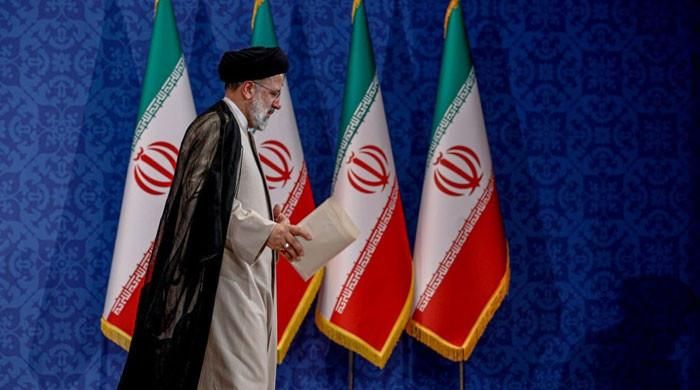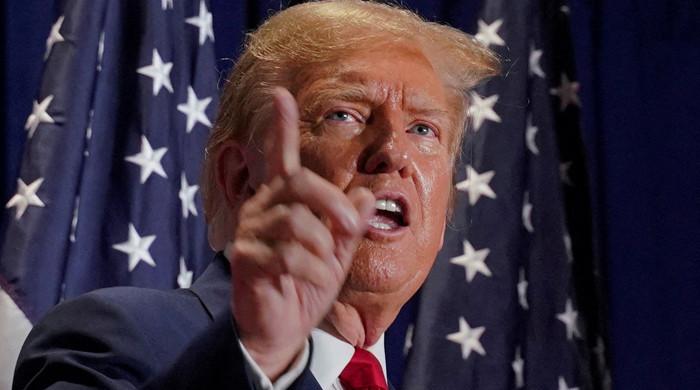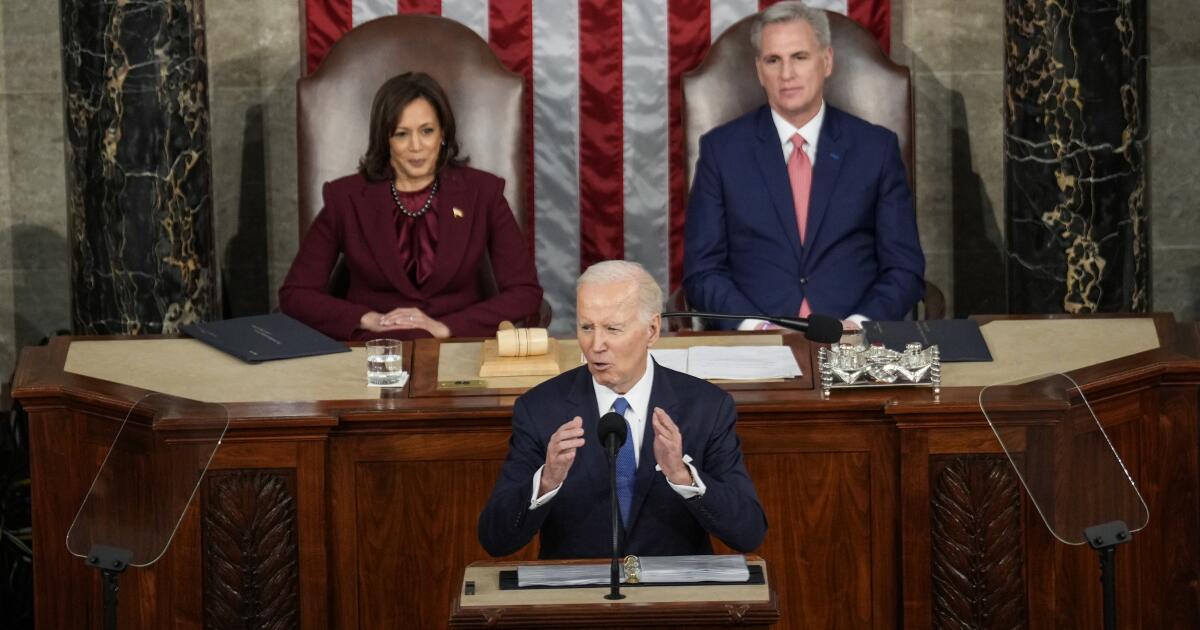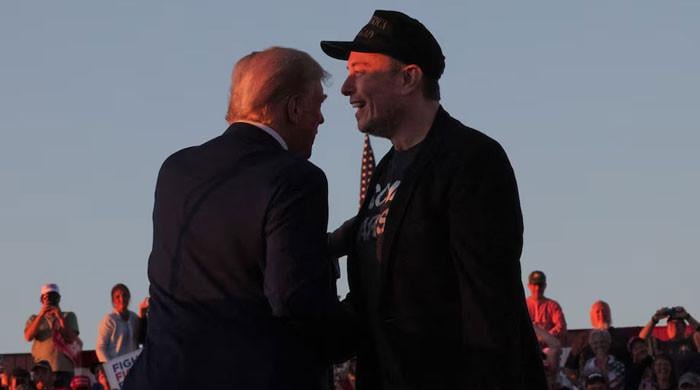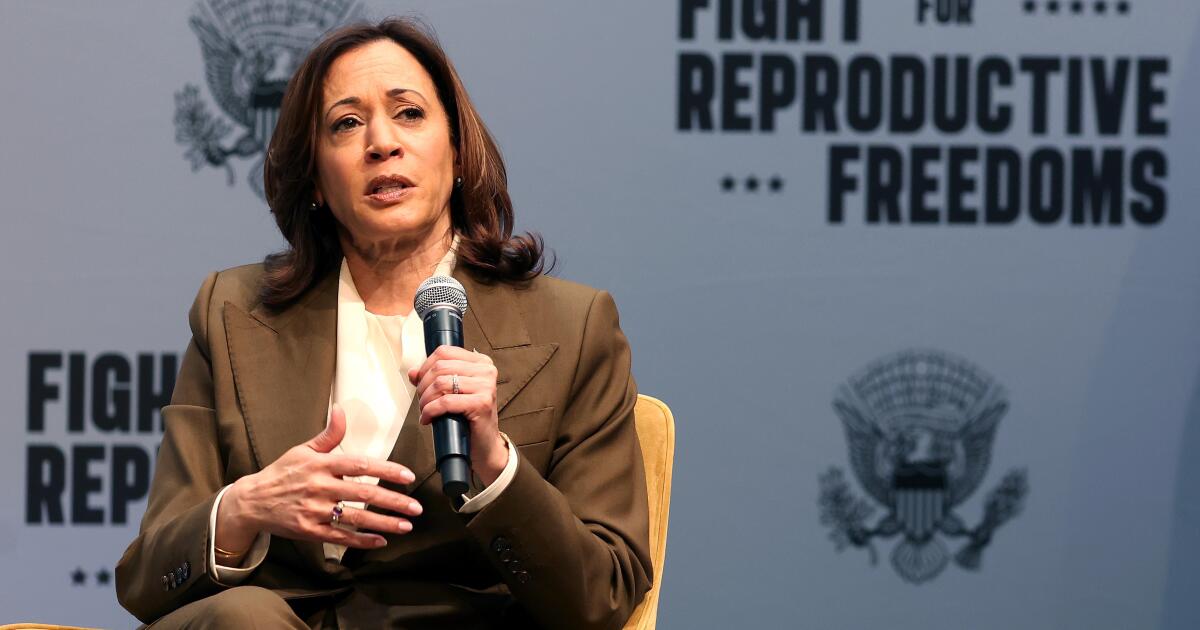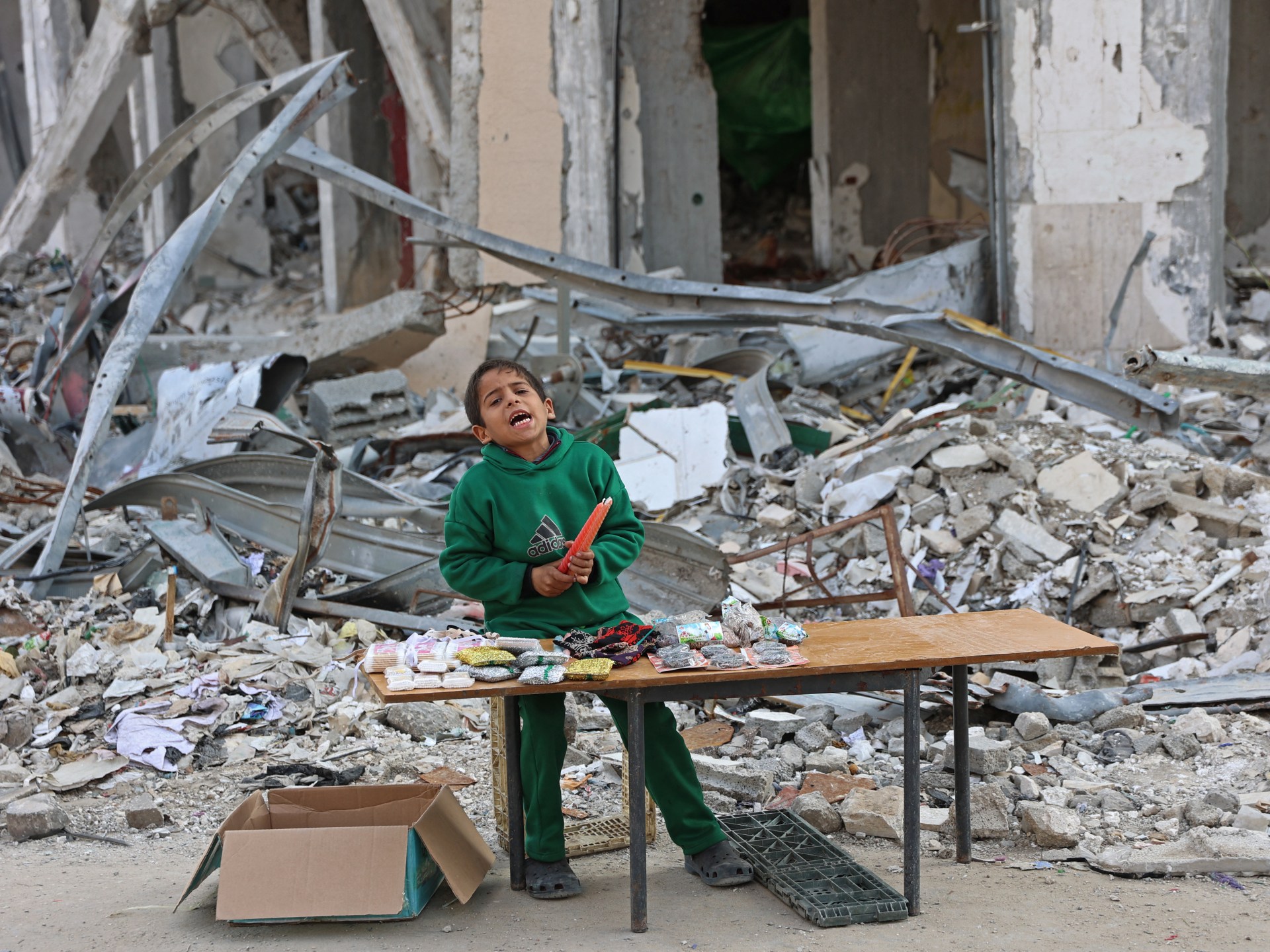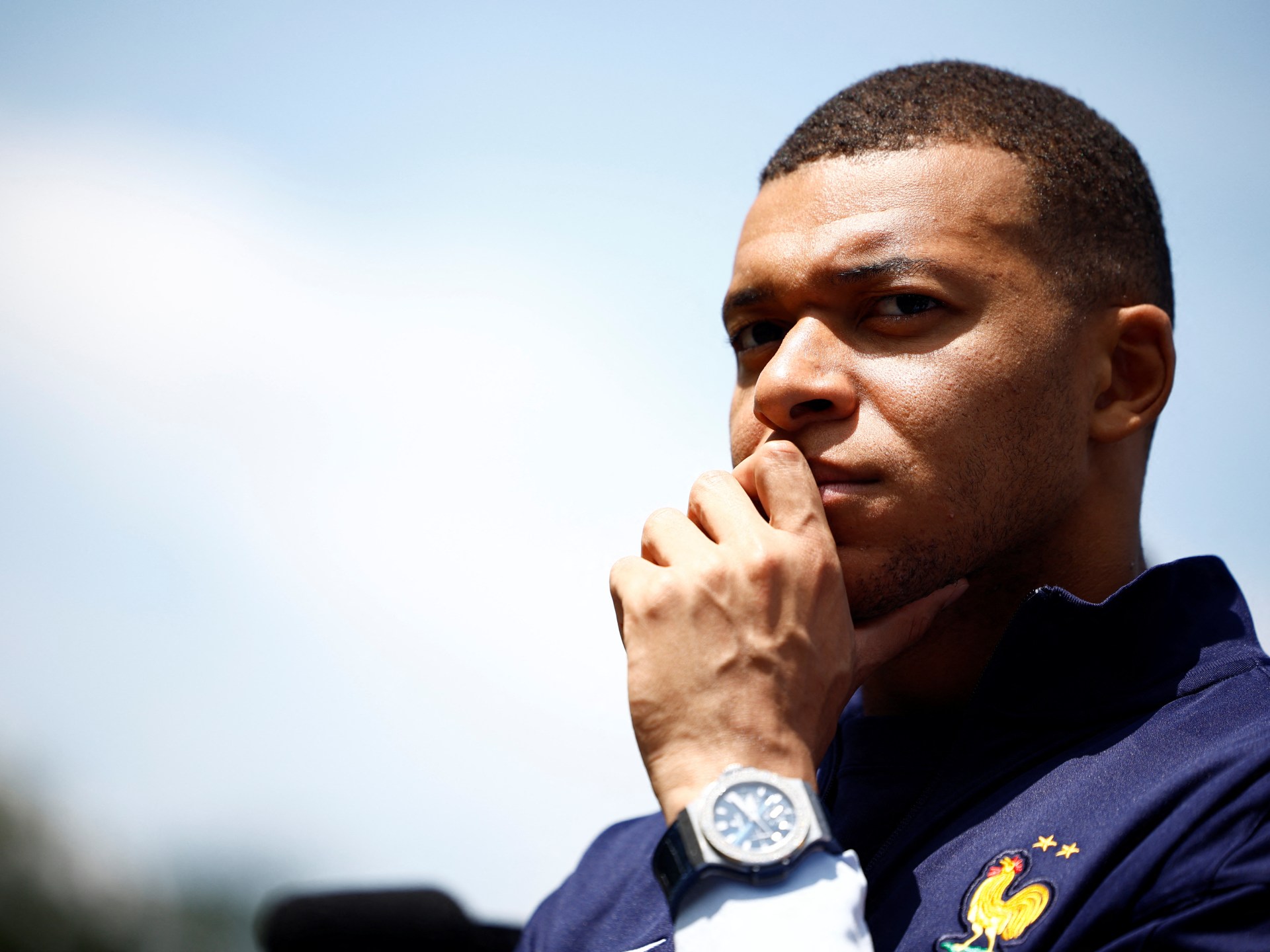Iranian President Seyyed Ebrahim Raisi, who has died aged 63, had risen through the Islamic Republic's theocracy from a hardline prosecutor to an uncompromising president.
Raisi was born in 1960 into a religious family in Mashhad. At five years old he lost his father. Still, he followed in his footsteps and became a clergyman.
As a young student at a religious seminary in the holy city of Qom, Raisi participated in the protests of the 1979 revolution. His contacts with religious leaders in Qom later made him a trusted figure in the judiciary.
During his regime, the Iranian president oversaw protests in his country and pushed hard during a dialogue over the country's nuclear program with world powers.
Raisi died after a helicopter carrying him and Iran's Foreign Minister Hossein Amirabdollahian, as well as other senior officials, crashed in the country's East Azerbaijan province while returning after attending a ceremony inauguration of a dam on the border of Iran with the Republic of Azerbaijan.
He was elected to power in 2021 and maintained a tough stance in nuclear negotiations, seeking to ease restrictions on Iran's increasingly advanced technology and relief from sanctions imposed on the country by the United States.
Indirect talks between Tehran and US President Joe Biden's administration to revive the deal have stalled.
Just a year after his election, he ordered stricter enforcement of Iran's “chastity and hijab law.”
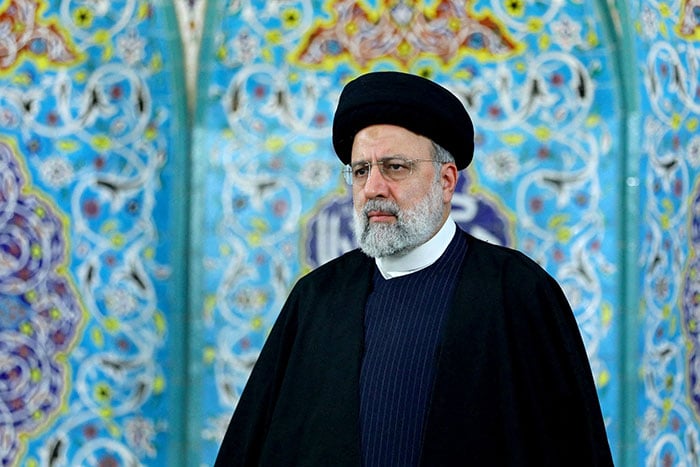
Raisi, who was a political novice, had the full support of the country's nuclear program and other decisions from Iran's supreme leader, Ayatollah Ali Khamenei, who has the final say on all major policies under Iran's dual political system. , divided between the clerical establishment and the government. .
After Raisi's election, all branches of power came under the control of Khamenei loyalists and strengthened the president's chances of one day succeeding him as Supreme Leader.
As a young prosecutor in Tehran, Raisi was part of a panel that oversaw the execution of political prisoners in the capital in 1988, as Iran's eight-year war with Iraq was coming to an end, human rights groups say.
He rose through the ranks of the clergy and was appointed by Khamenei to the prominent position of head of the judiciary in 2019. Shortly after, he was also elected vice-president of the Assembly of Experts, the 88-member clerical body responsible for choosing the next Supreme Leader.
He also served as deputy head of the judiciary for 10 years before being appointed attorney general in 2014. In his quest for the presidency, Raisi lost to the pragmatist Hassan Rouhani in the 2017 election.

